2019: Canadian higher education in review
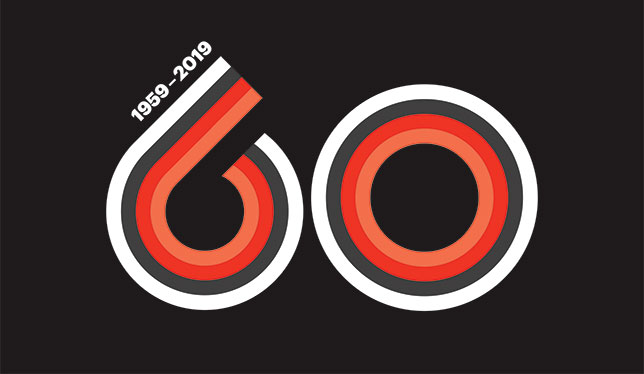
Welcome to 2020! As we say goodbye to 2019, here are the stories and issues that shaped the past year in Canadian higher education.

Stories that made 2019
University Affairs turns 60
Commemorating the magazine’s 60th anniversary was a fun (but daunting) project to take on. The trick was figuring out how to showcase all of the wonderful reporting that appeared in our pages over those six decades. Online, we decided the best way was interactive timelines. Readers can take a trip down memory lane exploring quotes, photos and headlines, decade by decade. In print, we chose our October issue to pay tribute to the anniversary. We got seven leaders in higher ed to contemplate the future, current UA editor Léo Charbonneau sat down with two of his predecessors to reflect on their time at the helm of the magazine, and we had an excellent story on archives and digitization in an era of decolonization. Also as part of its anniversary celebrations, University Affairs convened a panel of three of its regular columnists at the Congress of the Humanities and Social Sciences in Vancouver to reflect on the challenges facing Canada’s universities.
And of course, what is an anniversary celebration without some fun party gifts? Throughout our six-part newsletter series on our 60th, we gave away drink coasters, lunchboxes, Bluetooth speakers, t-shirts and a UA-branded iPod touch!
Equity, diversity and inclusion
It is no surprise that equity, diversity and inclusion is a major topic we covered this past year. We tracked the imbalance of academic sources used by major news outlets, updated our readers on the latest Athena SWAN developments and explored the new equity goals of the Canada Research Chairs program. We learned that universities are making changes when it comes to EDI, but are nowhere near where many want them to be. Study after study shows that men and women are still treated differently, even when applying for grant money. Women who take maternity leave question whether returning to work is worth it, with a complicated and unfair road ahead of them.
We looked at nuanced issues of race with a feature on the potential diversity problem in student affairs’ offices at Canadian universities. We also explored what it is like to be a graduate student of colour and a faculty union president of colour, and covered students’ personal experiences of racism on campus. Efforts to improve the experiences of those who work and learn on university campuses will continue, but some believe that in order to truly move forward, the academic community needs do a lot of “unlearning.”
Mental health
We started 2019 by asking, “Why are so many students struggling with their mental health?” The author of that piece, a lead psychiatrist in a student wellness centre, followed it up months later with another question, “What’s your role in addressing mental health?” Her reply: everyone from every corner of the university needs to pitch in. We also noted that faculties of education have a role to play in ensuring that teachers can identify and respond to students’ mental health challenges by helping them to improve their mental-health literacy. McGill University was in the spotlight for overhauling its mental health service model, while a story about how support staff at Quebec universities are struggling with psychological distress reminded us it’s not just students who are suffering. We also explored the particular stressors facing graduate students and late in the year we heard a poignant plea from a scholar that she can be a productive academic only if she is healthy both physically and mentally – a good reminder to all of us for the new year.
People to know
In a column for University Affairs, Sheila Cote-Meek writes that one of the best ways to know a university is to know its people. We couldn’t agree more. Interviewing university faculty, staff and administrators about their work is one of the best parts of reporting for UA – our subjects are infectiously enthusiastic about the work that they do, and the stories they share with us offer a valuable entry into scholarly work that can often seem inaccessible or intimidating. It was with all of this in mind that we committed to publishing more profiles in 2019 than we had in previous years.
In January, we launched a new series called People to Know starting with a profile of Molly Shoichet, who holds the Canada Research Chair in Tissue Engineering at the University of Toronto. The piece appeared shortly after Dr. Shoichet’s role as Ontario’s chief scientist was abruptly terminated by the Ford government, but the cuts, we learned, only strengthened her resolve as a science communicator.
We also published People to Know profiles of Kim TallBear, a tireless advocate for the next generation of Indigenous researchers and director of the Indigenous Science, Technology, and Society lab at the University of Alberta; Rajiv Jhangiani, a vice-provost at Kwantlen Polytechnic University who will travel the world (and leap tall buildings, we’re sure) to advance open education in Canada; filmmaker Ali Kazimi, founder of York University’s Stereoscopic 3D Lab, who won a Governor General’s Lifetime Achievement Award in 2019; and art educator Meghan Parker, whose master’s thesis, a hand-drawn comic, challenges what we expect of scholarly communication from graduate students.
We also ran a longform feature about the long-due recognition that’s come later in life for biologist Anne Innis Dagg, who had been denied tenure nearly 50 years ago despite her groundbreaking research on giraffes, simply for being a woman.
Know someone we should feature in our People to Know series in 2020? Tweet at us, or email your nominations.

Most read of 2019
Why are so many students struggling with their mental health?
The answer lies with students themselves – if we really listen, writes Catharine Munn.
Why I decided not to pursue a PhD after completing my master’s
Ryan Racine shares some words of advice for those struggling with the decision to depart academia.
Loneliness, the silent killer
Researchers from numerous disciplines have begun to investigate the heavy toll that loneliness takes on society.
Teacher supply goes from glut to scarcity in a few short years
The mounting teacher shortages in parts of Canada have several sources, including working conditions, cuts to teacher education programs and a lack of specialty instructors.
Productivity isn’t possible without well-being
How Stephanie Whitney discovered she can be an effective scholar and leader only when she’s both physically and mentally well.
This article originally appeared in our weekly newsletter. Sign up to get updates.


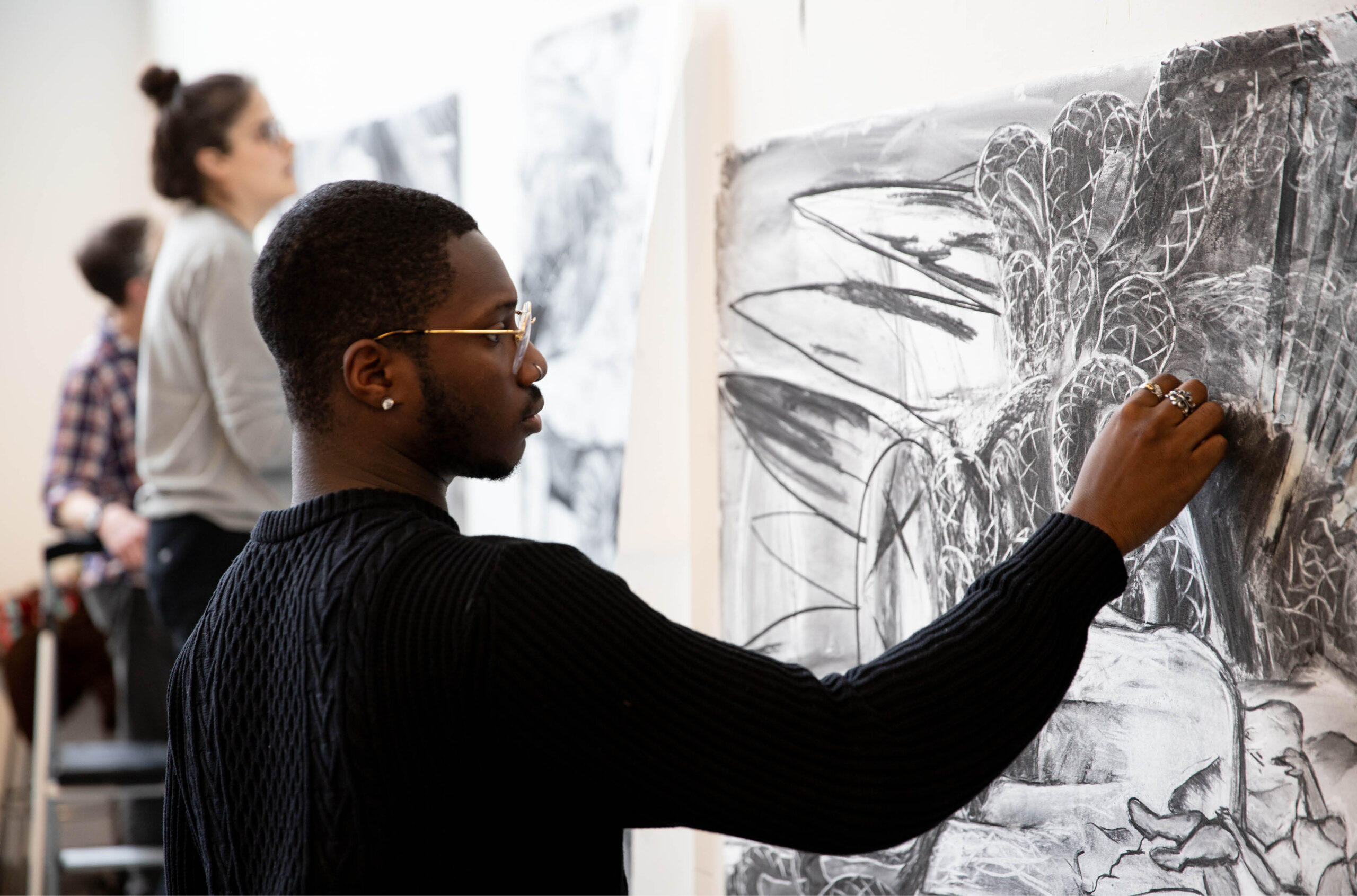

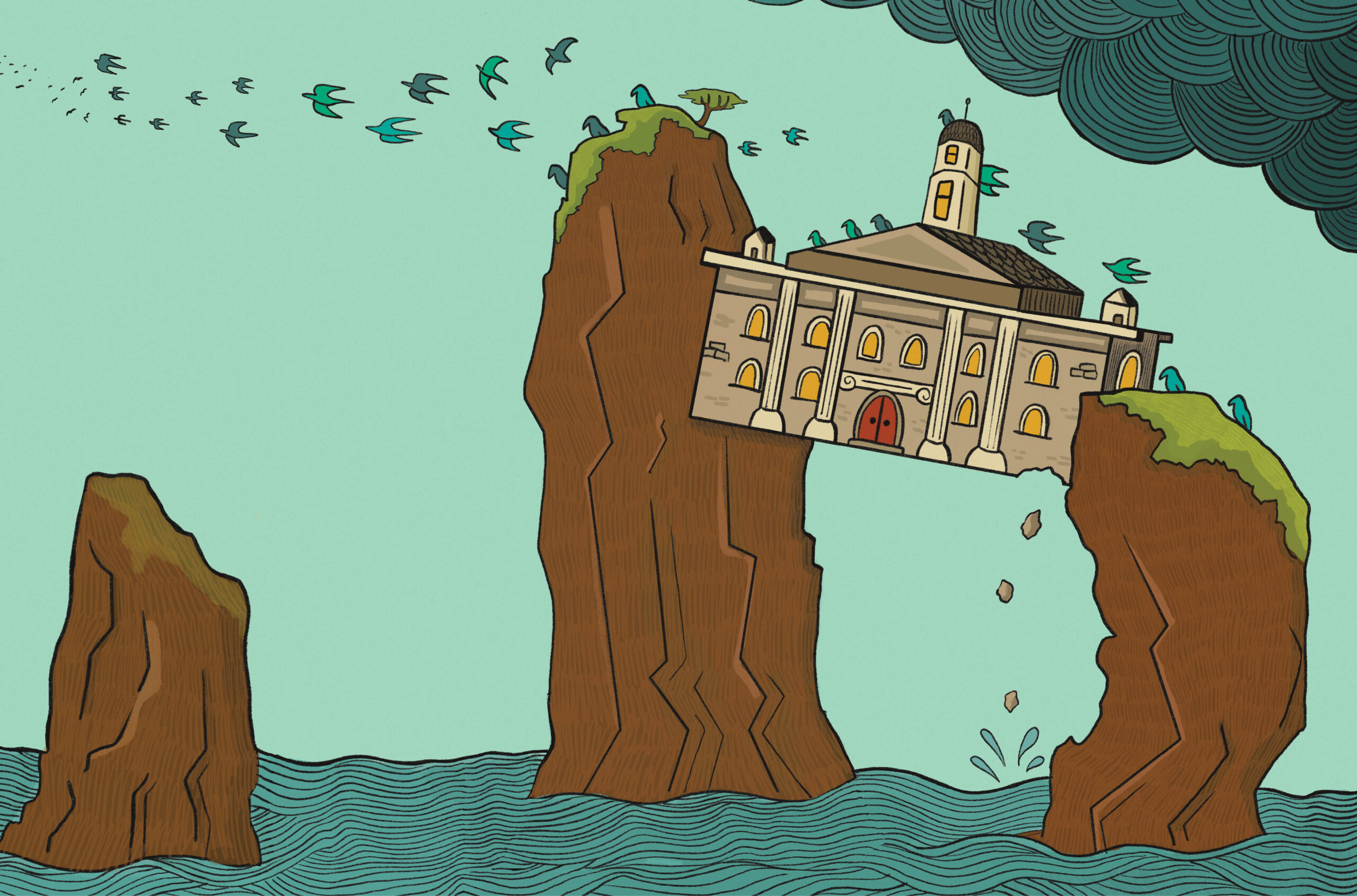
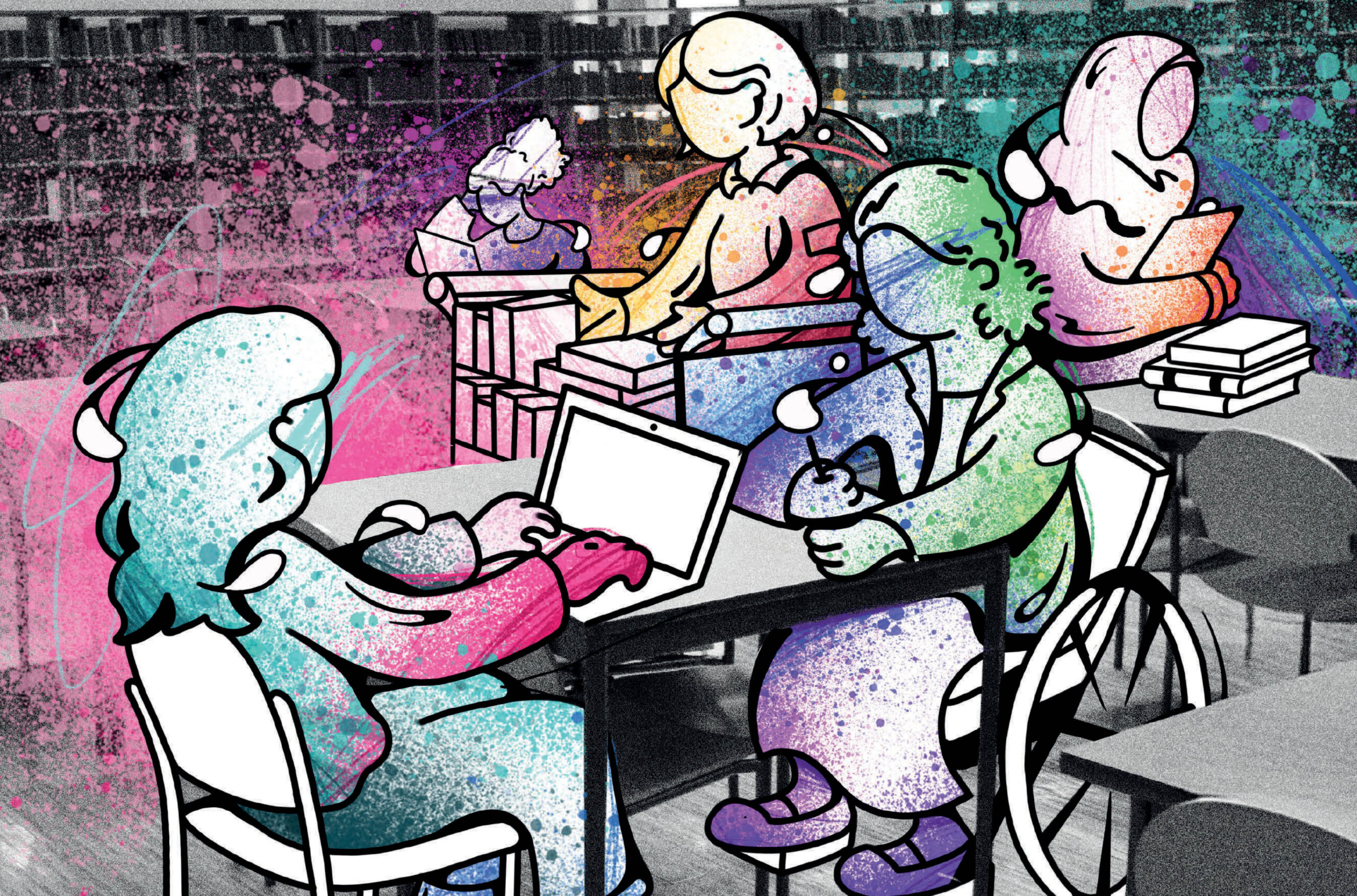


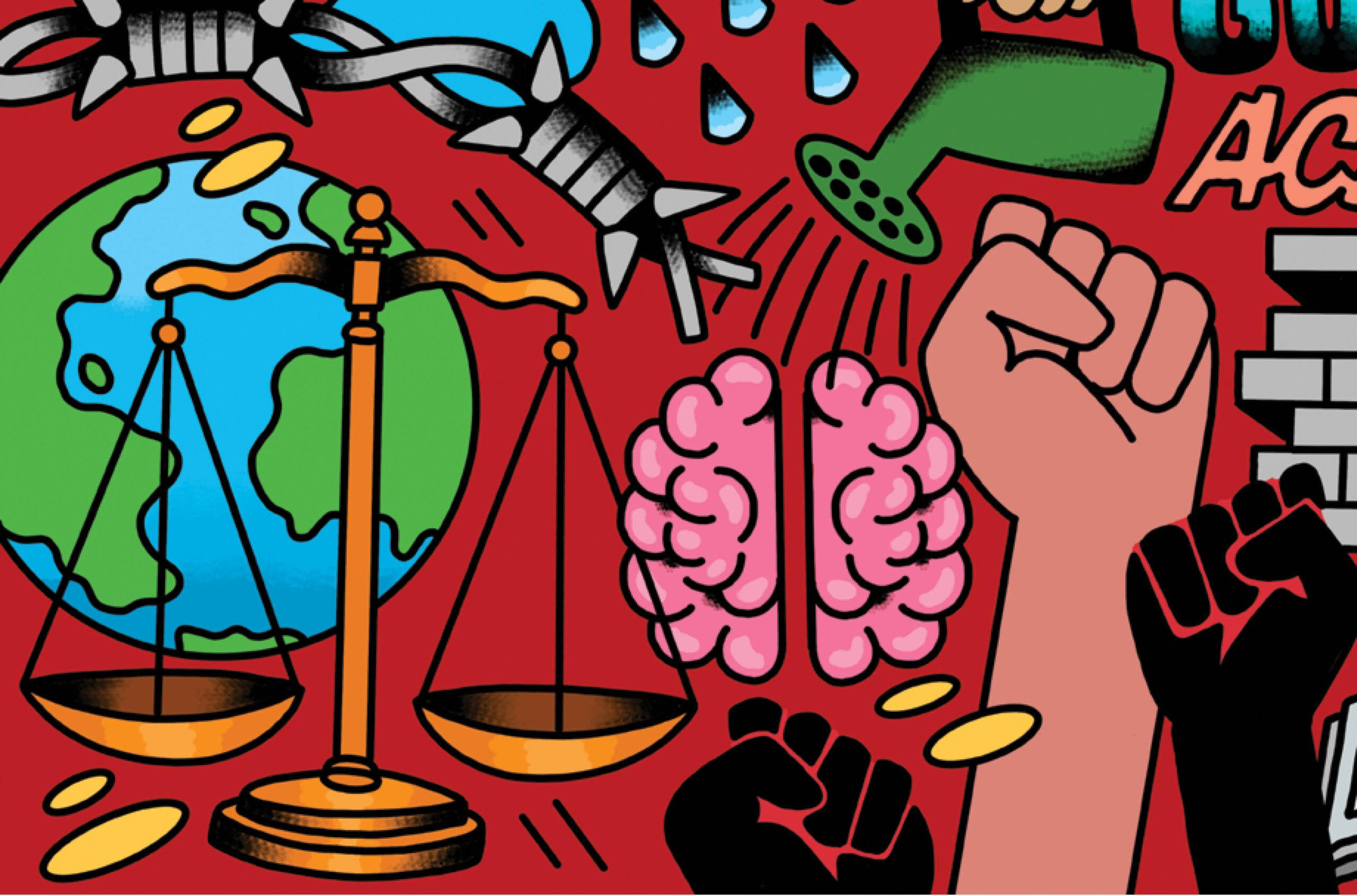
Post a comment
University Affairs moderates all comments according to the following guidelines. If approved, comments generally appear within one business day. We may republish particularly insightful remarks in our print edition or elsewhere.